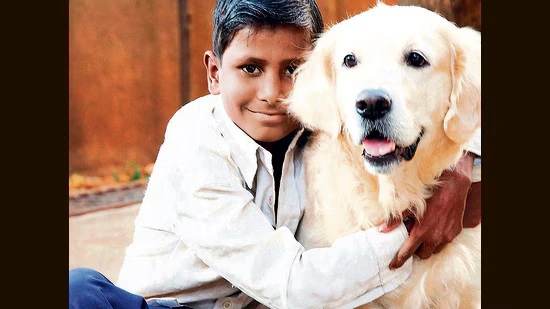Panchkula, Sept 23 — Pet dog registrations in Panchkula have risen sharply after the municipal corporation (MC) reminded residents earlier this month that registration is mandatory under law.
On September 4, the MC issued a letter to residents’ welfare associations (RWAs), directing them to ensure compliance. Two days after the notice was reported in the media, officials said 25 applications were received. By September 22, that number had climbed to about 60 — a significant jump compared to just 40 registrations filed over five months between April 1 and September 7.
The MC is currently accepting applications at its Sector 12 office, while some forms were also submitted through the Saral Portal, which officials admitted was facing technical issues. The registration fee is ₹500, with an annual renewal charge of ₹300. Owners must provide an Aadhaar card, the dog’s vaccination record, Family ID and two photographs of the pet along with their application.
Officials noted that they do not have an exact figure for total registered dogs in Panchkula. From April to December 2022, over 700 pets were registered. With the city’s population estimated at 6.3 lakh, authorities acknowledged that current registration numbers remain “very low.”
RWAs have begun circulating the MC’s instructions among residents. “It is the moral duty of pet owners to ensure a safe environment for the public and to abide by the rules,” said S.K. Nayar, president of the Citizens’ Welfare Association, Panchkula.
The MC’s letter also reiterated that registration is mandatory under Section 311 of the Haryana Municipal Corporation Act, 1994, and the Haryana Municipal Corporation (Registration and Proper Control of Dogs) Bylaws, 2008. Owners can be fined ₹500 if unregistered dogs are found roaming or if aggressive breeds are kept without muzzles. A daily detention fee of ₹50 is also applicable.
Meanwhile, compliance with another set of rules remains pending. Despite a Supreme Court order directing cities to establish feeding points for stray dogs, Panchkula has not yet identified such locations. Chandigarh, by contrast, has already begun the process. Nayar noted that people continue to feed strays in public spaces, sometimes leading to aggression. “In the absence of designated feeding points, stray dogs become a problem for the public,” he said.

